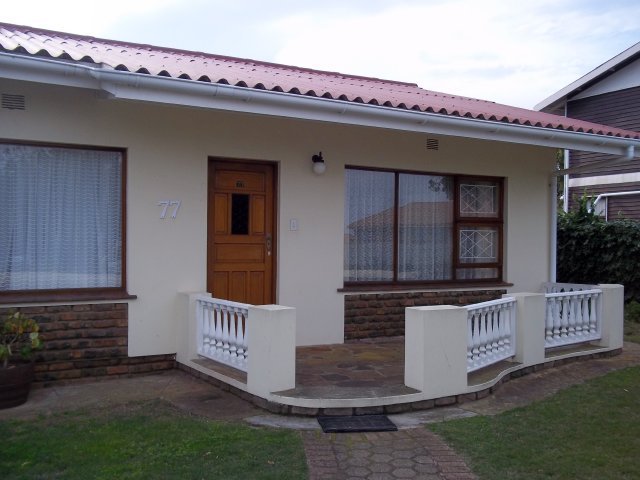Société Générale launches private bank in Africa

Société Générale's private banking subsidiary has appointed a client director for Africa to lead its strategy aimed at entrepreneurs in Nigeria, South Africa and Algeria.

Société Générale's private banking subsidiary has appointed a client director for Africa to lead its strategy aimed at entrepreneurs in Nigeria, South Africa and Algeria.

The African Development Bank’s Malawi Field Office with the Southern Africa Resource Center (SARC) and the Development Research Department (EDRE) launched the 2012 African Economic Outlook (AEO) report in Malawi on October 4 at a workshop organized in collaboration with the United Nations Development Programme (UNDP) in Lilongwe. The AEO launch was jointly led by Malawi’s Minister of Youth and Sports, the Honorable Enock Chihana, and the Deputy Minister of Economic Planning and Development, the Honorable Khwauli Msiska. In his statement, Minister Chihana welcomed the focus of the 2012 AEO on the topic of youth employment and observed that it was important for policy-makers to put in place deliberate interventions that address youth issues in an integrated and holistic manner.
UNDP Resident Representative Richard Dictus and AfDB Resident Representative Andrew Mwaba made brief opening remarks focusing on the report’s findings in terms of the macroeconomic outlook for Africa and Malawi, and the prospects and challenges of promoting youth employment.
They also acknowledged the strong collaboration between the Bank and the UNDP, the Organisation for Economic Co-operation and Development (OECD) and the United Nations Economic Commission for Africa (UNECA) and the support provided by the European Union in the preparation of the report. The launch, which brought together a wide range of participants from the government, development partners, private sector institutions and academia, further served to deliberate on the 2012 AEO and approaches to creating employment for the growing youth population in Africa and in Malawi. Fundamental issues raised included the need for African countries to strive for growth that is inclusive, broad-based and sustainable. It was agreed that innovation and interventions towards improving productivity could significantly drive Africa’s growth.
Source: AfDB

Emerging markets private equity firm Actis has raised $278 million for investment in African real estate to ride a housing boom fuelled by a growing middle class.
Actis, one of the largest private equity investors in the world's poorest countries, said on Tuesday the fund, Actis Africa Real Estate 2, will focus on retail and office development in east, west and southern Africa, excluding South Africa.
Although African economies are growing quickly - second only to Asia - there is a lack of sufficient liquidity in Africa's public capital markets, and investors are increasingly turning to private equity to tap into the continent's economic growth.
"Sub-Saharan Africa has a population of 800 million people and is the fastest urbanising region in the world but lack of capital often constrains real estate development," David Morley, head of Real Estate at Actis, said in a statement.
"Governments recognise the crucial role of FDI (foreign direct investment) in this regard."
Infrastructure development is a capital-intensive business that most African governments struggling with large budget deficits cannot afford, making other regions more attractive to investors.
The private equity group has over $300 million invested in the east African region.
Earlier this year, it said it was looking to invest around $300 million annually in Africa, with much of that earmarked for bigger markets such as South Africa.
Paul Fletcher, a senior partner at Actis, said the fund was evidence of Actis's broader investment plan of building domestic infrastructure in the emerging markets.
Source: Reuters

Imports of West African crude oil by Asian refiners and end-users have reached 1.69 million barrels per day (bpd) this month, up 10 percent from September and at a record high for October, data compiled by Reuters showed on Monday.
A Reuters survey of trade and shipping sources shows refiners in China, India, Indonesia and other Asian countries have bought a total of 55 cargoes of West African crude oil for loading this month, up from 50 cargoes in September.
Barring a sharp and unexpected decline in Asian imports from West Africa during November and December, 2012 will exceed the previous annual average record of 1.71 million bpd set in 2010, the data show.
Source: Reuters